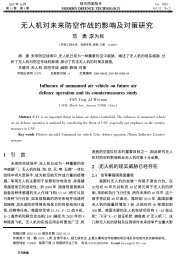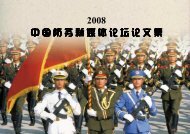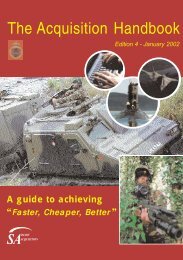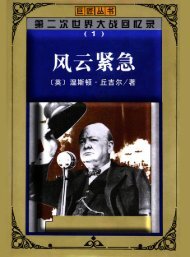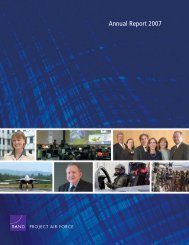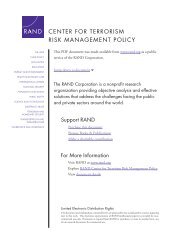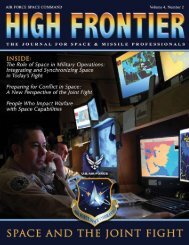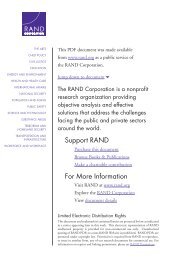How Terrorist Groups End - RAND Corporation
How Terrorist Groups End - RAND Corporation
How Terrorist Groups End - RAND Corporation
You also want an ePaper? Increase the reach of your titles
YUMPU automatically turns print PDFs into web optimized ePapers that Google loves.
Politics and the FMLN in El Salvador 71<br />
a negotiating framework under the auspices of the United Nations<br />
Secretary-General. 23<br />
The second stage led to an agreement in San Jose, Costa Rica, in<br />
July 1990. The military was a major topic of discussion. The FMLN<br />
viewed the military through the prism of 60 years of military domination<br />
of the country’s politics, ten years of civil war, and innumerable<br />
human-rights abuses. Consequently, FMLN negotiators pushed<br />
for the abolishment of the armed forces. But the two sides were unable<br />
to reach an agreement on the army. Instead, they settled on a humanrights<br />
agreement. 24 The San Jose agreement provided for the establishment<br />
of a United Nations verification mission to monitor nationwide<br />
respect for and the guarantee of human rights and fundamental freedoms<br />
in El Salvador. The focus of the agreement was on establishing<br />
accountability for the Salvadoran government’s gross human-rights violations.<br />
Both parties agreed to the establishment of a United Nations<br />
Observer Mission in El Salvador (ONUSAL) to verify compliance with<br />
the accords’ human-rights provisions. According to the agreement,<br />
ONUSAL was to take up its duties as of the cessation of the armed<br />
conflict. Shortly after signing the agreement, however, the two parties<br />
requested that the UN mission be set up even before a cease-fire, leading<br />
the United Nations Secretary-General to send a preliminary mission<br />
in March 1991. 25<br />
The third stage occurred in April 1991, when the two parties<br />
agreed on a set of changes to the 1983 constitution in the April<br />
27 Mexico Agreements. The most important changes concerned the<br />
institutional mandate of the armed forces. The military’s mission was<br />
explicitly limited to external defense, and policing was to be under<br />
civilian control. The agreement led to the “creation of a National Civil<br />
23 Ricardo G. Castaneda, “Letter Dated 91/10/08 from the Permanent Representative of<br />
El Salvador to the United Nations Addressed to the Secretary-General,” New York: United<br />
Nations, A/46/551-S/23128, October 9, 1991b.<br />
24 Levine (1997, pp. 233–234).<br />
25 Alvaro de Soto, representative of the secretary-general of the United Nations, “Note Verbale<br />
Dated 90/08/14 from the Charge D’Affaires A.I. of the Permanent Mission of El Salvador<br />
to the United Nations Addressed to the Secretary-General,” New York: United Nations,<br />
A/44/971-S-21541, August 16, 1990.




